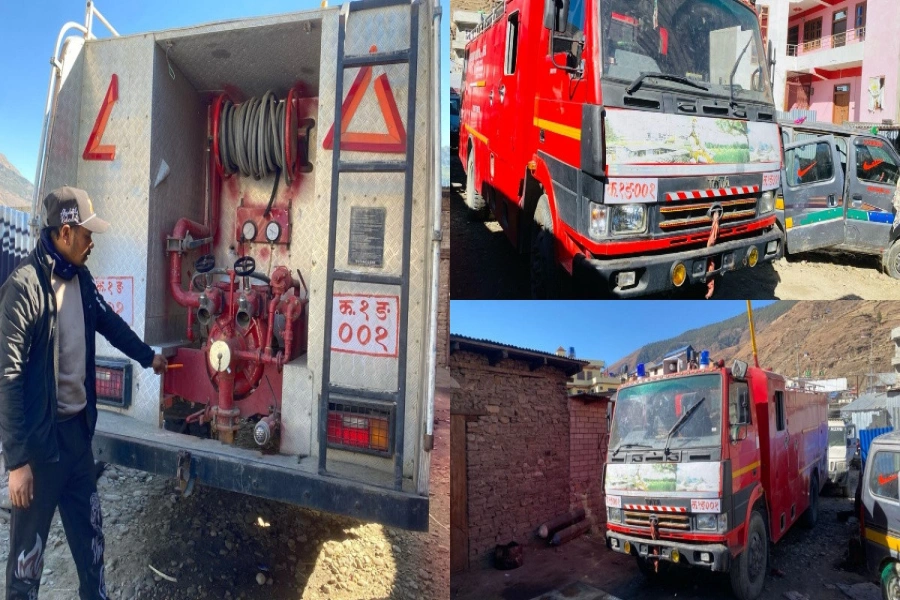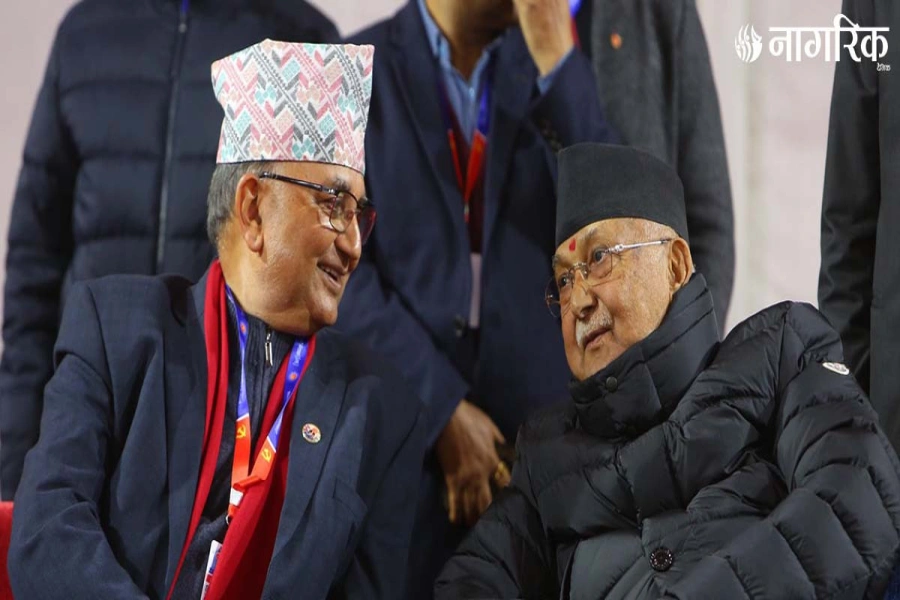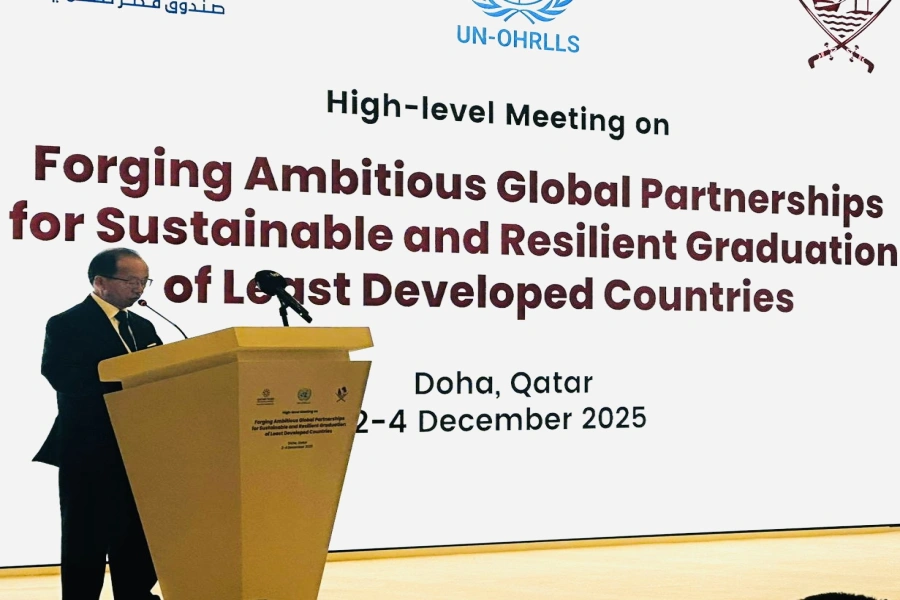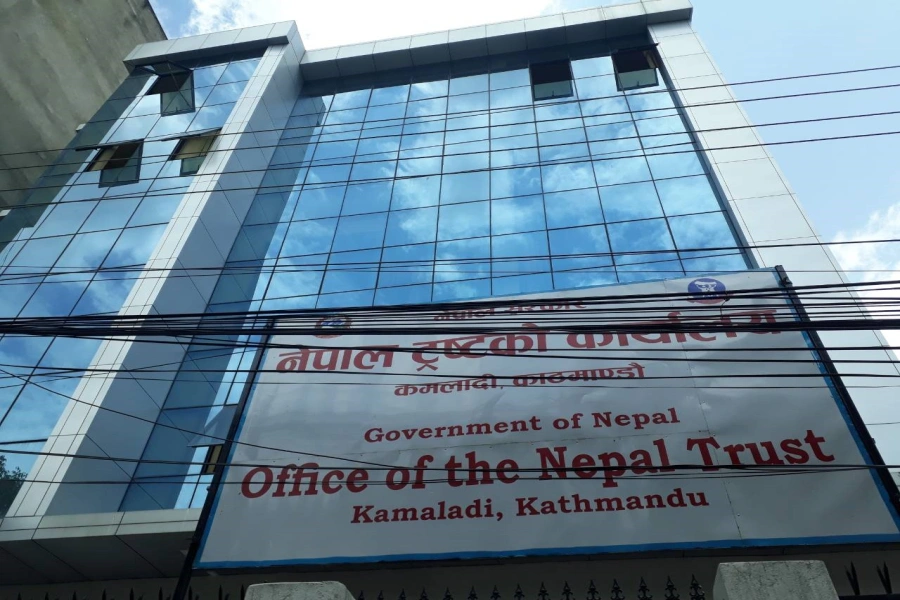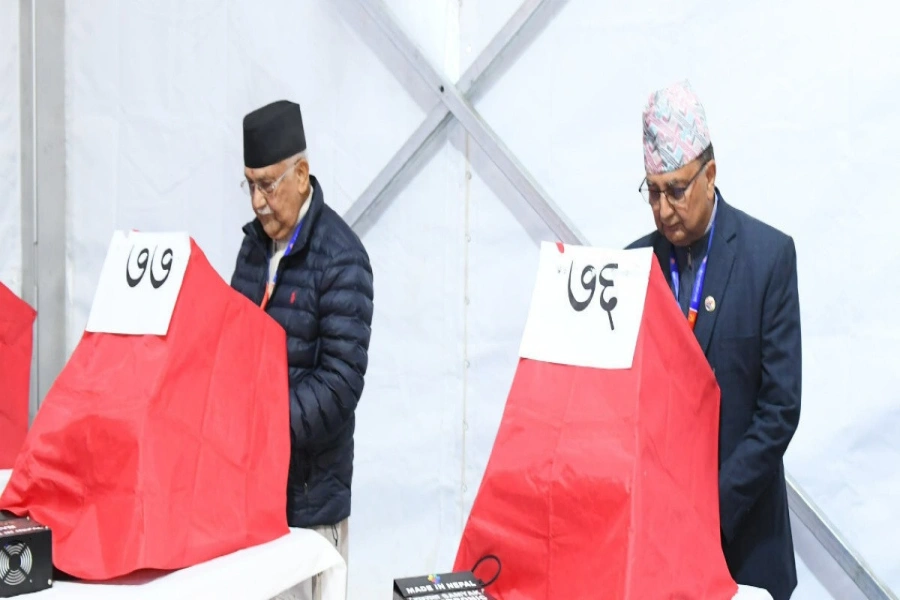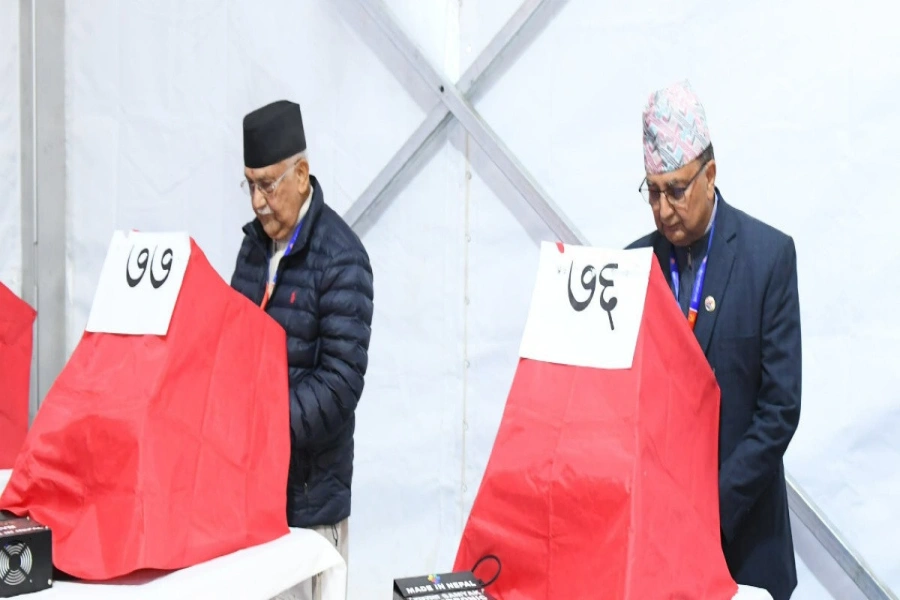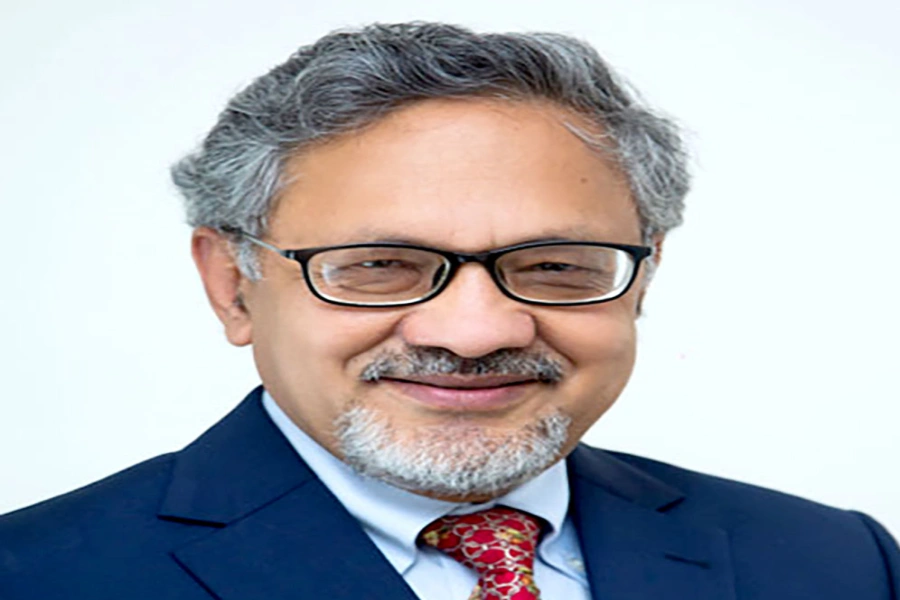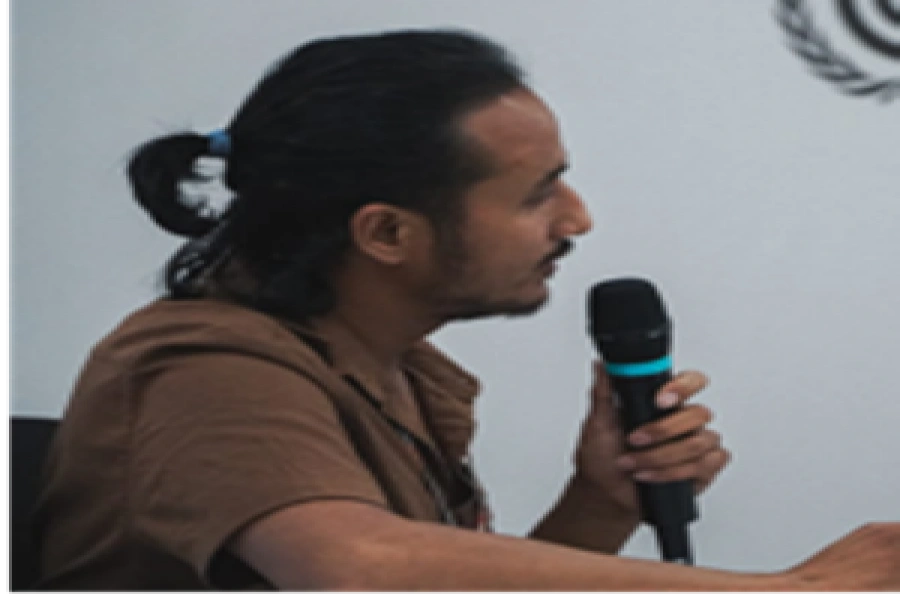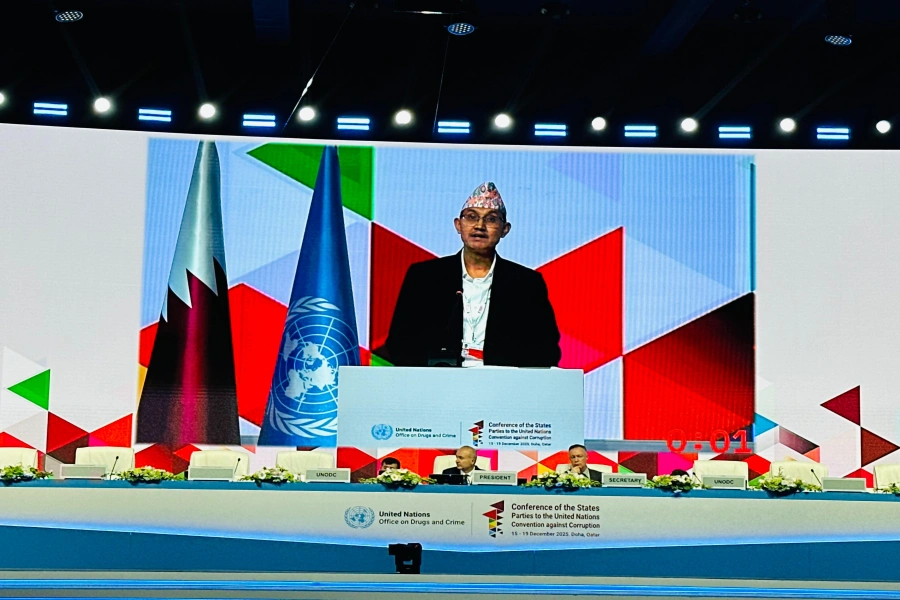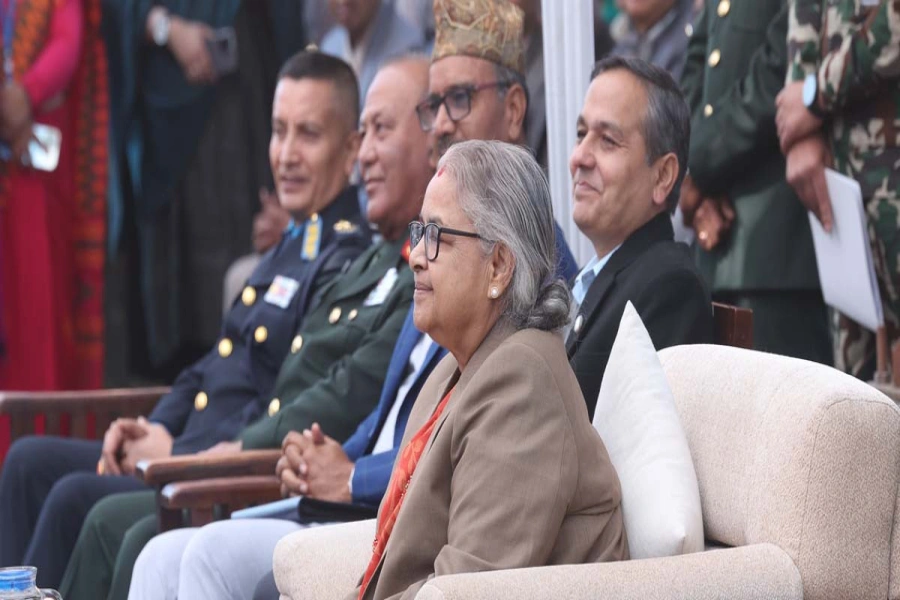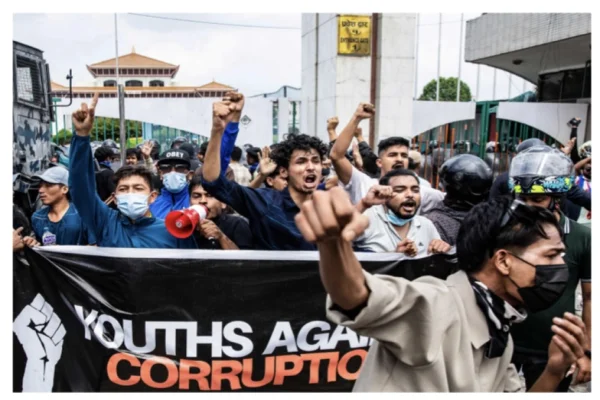WASHINGTON DC, April 16: The Panama Papers revelations featured in discussions at 2016 Spring Meetings of the International Monetary Fund (IMF) and World Bank Group (WBG) that kicked off here on Friday.
Voices calling for international standards on tax transparency were heard in almost two dozen of seminars and plenary held on the sidelines and prior to the meeting that is concluding on Sunday, prompting global leaders to pledge stringent fight against secrecy to evade taxes.The World Bank Group went on to say that the tax evasion can have negative effect toward its mission to end poverty.
"When taxes are evaded and when state assets are taken and put into these (secret) havens, all of these things can have a tremendously negative effect on our mission to end poverty and boost shared prosperity," World Bank Group President Jim Yong Kim said at a press conference organized by the World Bank Group before the opening of the 2016 Spring Meetings. "If you're trying to end extreme poverty -- avoiding taxes, avoiding payments, taking state assets out of a country, these are all very, very damaging."
IMF's Managing Director Christine Lagarde also called for global cooperation to stop tax avoidance. "Everything has gone global, except the one thing that has not gone global yet and it is taxation. It has been very much a local and sovereign affair of the countries," Lagarde said, speaking at a separate press conference held at the IMF headquarters on Friday.
Pressed by the civil society and global organizations for swifter measures to plug tax loopholes, the world leaders also made commitment to broaden international cooperation to end the use of secrecy to avoid or evade taxes. Following the calls from the World Bank Group and IMF chiefs, the finance ministers of major five European countries of Organisation for Economic Co-operation and Development (OECD) appeared before a press meet to highlight their plans of measures that they are adopting to fight with tax avoidance and flow of dirty money.
In its report to an international coalition of Group of 20 countries (G20), OECD said 96 countries have made commitment to the new common reporting standard for automatic exchange of financial account information between tax authorities, scheduled to go into effect in 2017/18. It has also echoed the views of World Bank Group President Kim.
"Tax crime is a serious offence, and a predicate offense to money laundering. It deprives governments of the resources they need to fund for public services and is a source of unacceptable inequality among citizens," reads the report, urging countries to speed up implementation efforts of common standard that allows authorities to automatically exchange financial information between tax authorities.
Not only OECD and G20, the intergovernmental Group of 24 (G24), another international coalition lobbying for the 24 developing countries in Asia, Africa and Latin America, also sought international tax cooperation to combat illicit financing flows. "Effective international tax cooperation is an essential complement to our efforts to mobilize domestic resources. We want to put an end to tax havens," Colombian Finance Minister Mauricio Cardenas, who is the chairman of the G20, said.
WHAT IT MEANS TO NEPAL
While there is no immediate direct benefit for Nepal from the growing collaboration at the international level, experts say such global partnership could help the country in long run to get access to financial information from various countries.
With OECD and G20 gearing up for implementation of common reporting standard, which Nepal has not signed up though, the availability of the information over the long run can help Nepal to investigate into tax evasion cases.
"The standard will be shared with emerging markets as well around the world," German Finance Minister Wolfgang Schäuble said, addressing the press meet of OECD.
‘Govt committed to fight flow of dirty money’





